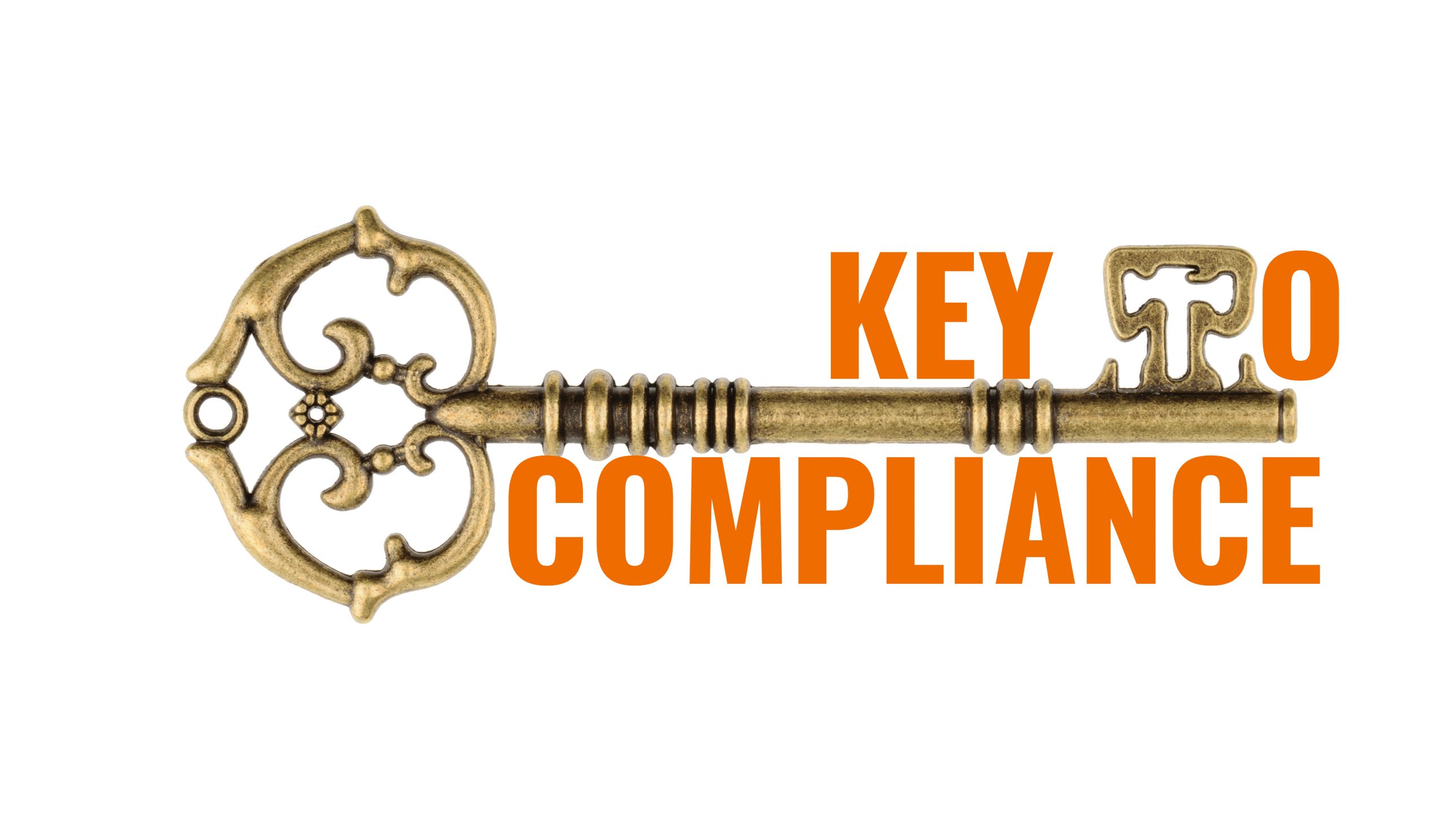FDA Inspectors’ Inspection Checklist & Method of Compliance for CAPA Inspection – Med Devices
FDA inspection is one of the critical elements of FDA’s role in ensuring high quality products are comings to market which does not pose a threat to public. To ensure it FDA inspects various drug and device manufacturing facilities and reviews the systems and processes time to time. These are various regulations and guidance documents Read more about FDA Inspectors’ Inspection Checklist & Method of Compliance for CAPA Inspection – Med Devices[…]
